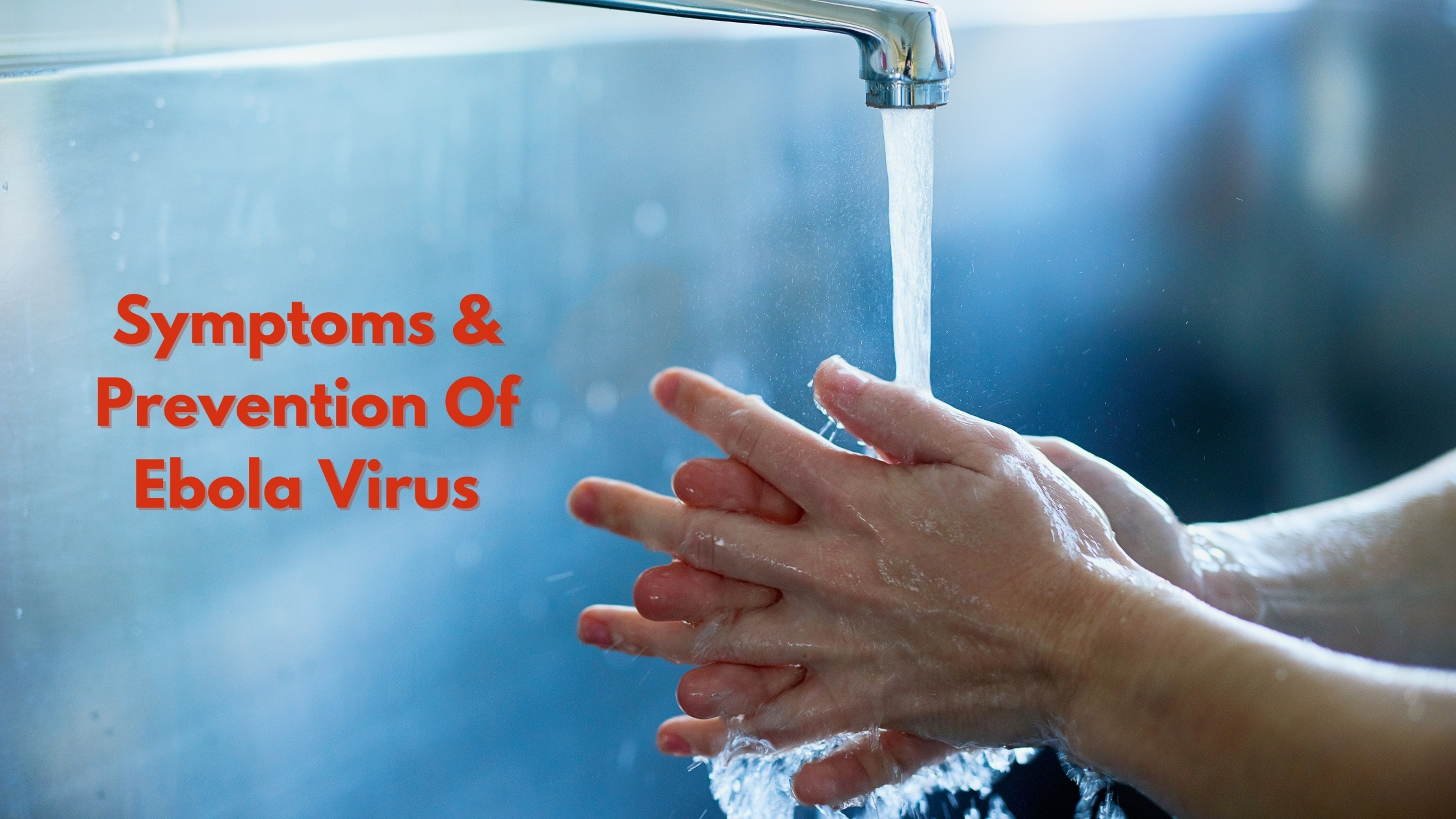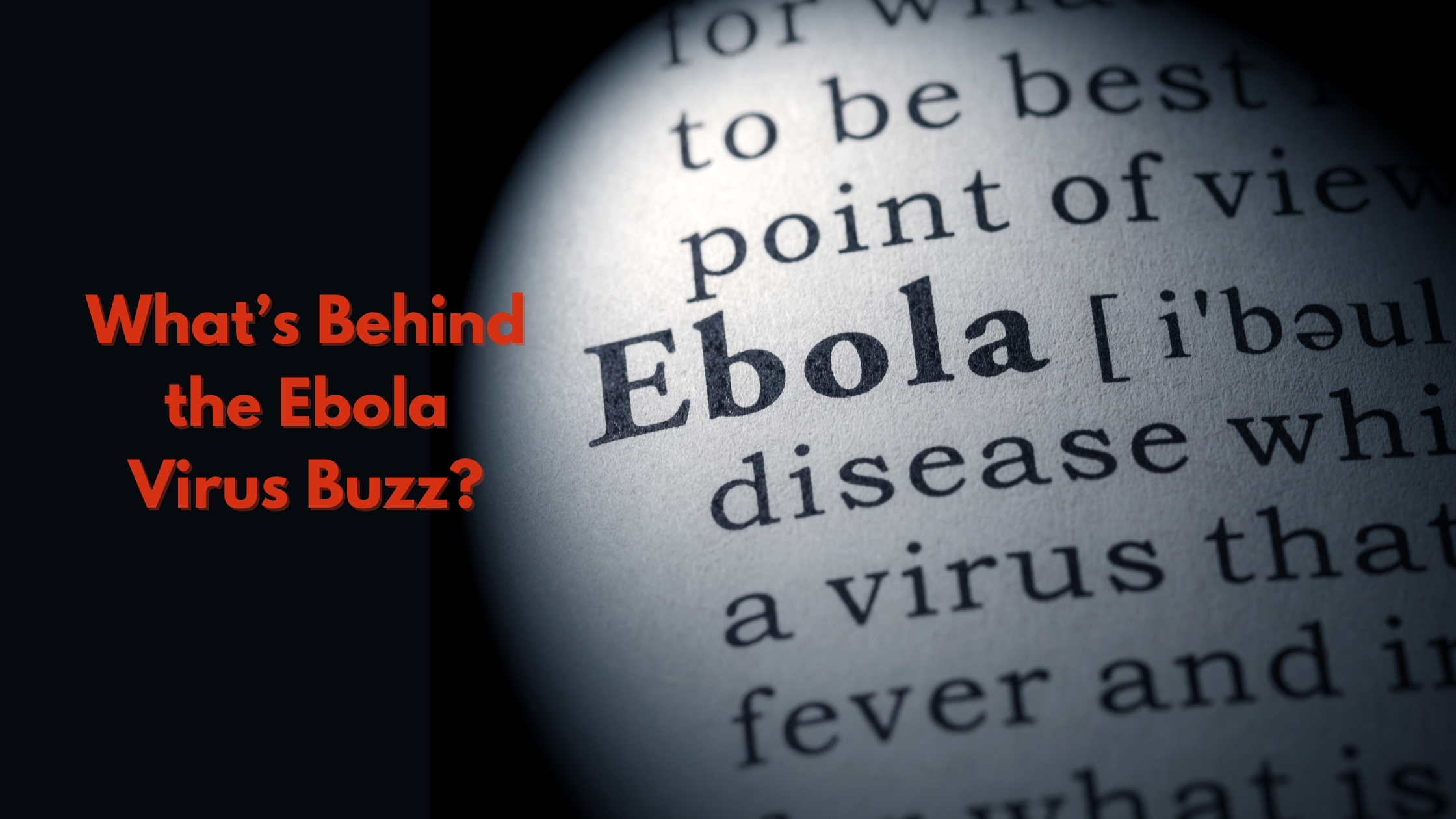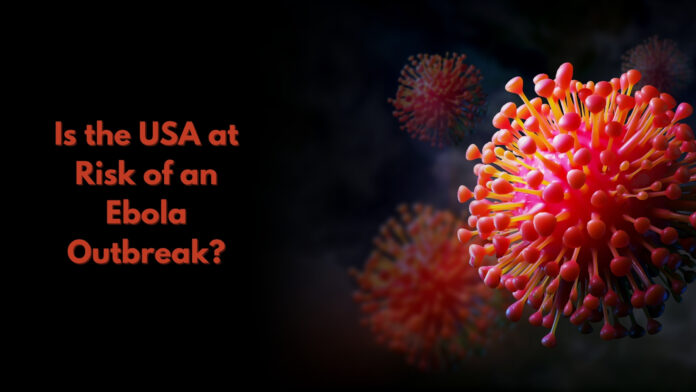Ebola Virus Outbreak: In the past couple of weeks, the internet has been bombarded with news about the Ebola virus. By now, you may have seen numerous reports on news channels about it. Is the Ebola virus back? Is the USA at risk because of the Ebola virus Outbreak? And so on. Well, Ebola is undoubtedly a deadly virus that has claimed many lives in the past. First identified in 1976 in Congo, and with the first case in the USA in 2014, this virus remains a nightmare for many.
If you’re also wondering why the Ebola virus is trending now or if another outbreak has occurred in the USA, the short answer is “NO.” However, if you’re here to learn more about the virus and disease in a simplified way, then stick with this article. This article from TheFitInside will explain everything you need to know about the Ebola virus, its symptoms, what to do, and more.
Note: This blog is for informational purposes only and aims to provide information on the topic in a simplified manner. Please conduct your own research and consult health professionals before making any changes to your lifestyle.

Ebola Virus Outbreak in Layman’s Terms and Its Evolution
Ebola virus, when it infects, causes a very severe and dangerous disease known as Ebola Virus Disease (EVD). It is so deadly that it has a fatality rate of 25-90% in history. It is a zoonotic virus, which, in simple terms means that this virus originated from animals to humans. According to the WHO (World Health Organization), it was believed that the Ebola virus was first transmitted from animals like fruit bats, porcupines, and non-human primates and then spread to humans.
You might now be wondering, how does this virus spread? And how has it affected the human population in the past? The virus can spread through close contact with infected animals, such as eating or cooking them. Furthermore, if someone already has Ebola Virus Disease, coming into contact with their bodily fluids, like saliva, urine, semen, or blood, can result in infection. Ebola can also spread through broken skin or contact with mucous membranes such as the eyes, nose, or mouth.
In the USA, the first Ebola virus outbreak happened in September 2014, when a man from Liberia named Thomas Eric Duncan was diagnosed with Ebola Virus Disease after traveling to the U.S. from an affected region in West Africa. While Duncan’s case and subsequent infections in healthcare workers raised alarm, the virus was contained quickly, and no large-scale outbreak occurred in the country.

Learn About The Symptoms & Prevention Of Ebola Virus
If someone contracts the Ebola Virus, he/she starts to see the symptoms, typically after 2-21 days after getting infected. The symptoms of ebola virus are so common and start with fever, headaches, joint and muscle aches, and fatigue. But as the virus progresses, the symptoms show aggression and start to become more severe. After it gets severe, a person might see symptoms like vomiting, diarrhea, abdominal pain, and, in some cases, hemorrhagic manifestations like internal bleeding or bleeding from the gums, nose, or rectum.
But what preventive measures can one take to avoid this deadly virus? Well, here are a few major ways to prevent Ebola Virus Disease:
- Take Treatment Early: While several vaccines are available, it is always recommended to consult a doctor as soon as you start feeling symptoms of Ebola virus disease. It’s better to seek medical care early to receive proper treatment and improve your chances of recovery.
- Avoid Infected Individuals: Always avoid physical contact with anyone suffering from Ebola virus disease. Also, avoid contact with their bodily fluids, such as semen, saliva, sweat, etc.
- Avoid Potentially Infected Animals: The Ebola virus can also be transmitted through animals, similar to how it spreads among humans. Avoid animals that carry the virus, such as fruit bats and non-human primates. Additionally, avoid handling or consuming meat from wild animals.
- Proper Hygiene Is a Must: Always carry hand sanitizer with you and wash your hands frequently with soap that has antibacterial properties. Maintaining good hygiene is essential not only to prevent Ebola but also to protect yourself from many other diseases.
- Wear Protective Equipment: If you are in a region where Ebola cases are rising, wearing a mask (preferably N-95) at all times is crucial. You should also cover your entire body with appropriate clothing for extra protection.
These tips will help protect you from this deadly virus or, at the very least, assist in preventing its spread to you and those around you. Remember to always stay informed with the latest news for better safety and health measures.

Why Ebola Virus Outbreak Is Taking All Over The Internet
In the United States, there has been sudden news coverage about the Ebola virus—but why is that? Well, the good news is that no cases have been reported in the USA as of February 2025. However, there has been a recent outbreak in Uganda, and the U.S. government is taking it a lot seriously. The New York State Department is raising public awareness about this dangerous virus. This comes after the Centers for Disease Control and Prevention (CDC) issued a health alert regarding the Ebola virus outbreak in Uganda.
It is really important to understand that health authorities in the USA are currently monitoring the Ebola outbreaks, so there’s no need to worry. Also, misinformation about this topic spreads like wildfire because people are very concerned due to its deadly fatality rates. Recently, two individuals were reported as potential carriers of the disease in Manhattan and were admitted to Bellevue Hospital. However, after the Department of Health clarified that it was a false alarm, everyone breathed a sigh of relief. Therefore, it is always important to trust only credible sources like the WHO (World Health Organization) or other reliable health portals.
Fun Fact: Originally identified in 1976 in Africa—the Ebola virus is called after the Ebola River. Its name comes from the Ngbandi word “Legbala,” which means “white water” or “pure water.”

Departing Note!
While there is no doubt that the Ebola virus is a deadly disease, the USA is taking measurable steps to prevent an outbreak. Other countries have also shown great concern and are raising awareness to help prevent the spread of this disease. If you are experiencing symptoms, make sure to follow the instructions provided in this article, including preventive measures such as avoiding infected individuals and animals, maintaining hygiene, and wearing the necessary protective equipment.

